In recent times, lithium-iron phosphate (LFP) batteries have been touted as a great way to fuel electric vehicles in a lower-cost manner, and there are other benefits to that chemistry as well - such as its ability to be charged to 100 percent without suffering degradation and reduced fire risk, albeit with a lower energy density. Ford is in the process of erecting the BlueOval Battery Park Michigan plant, where it will build its own LFP batteries, and it's clear that the automaker sees that as a promising technology.
“And I do think LFP will be - it'll be a bedrock," Ford Vice President Lisa Drake said at the 2025 Jefferies Industrials Conference. "So, if you look globally at where LFP technology is used in chemistry, it's used in auto, it's used in energy storage, it's now making its way into marine and in some cases airline industry - air industry applications, aviation applications. So, I think it's a tried and true and it's here to stay. The incremental improvements will always be made on it."
Ford will be using technology licensed from China-based CATL to build LFP batteries at the under-construction BlueOval Battery Park Michigan plant starting in 2026, which will be used in a variety of future products - including, at first, a yet-to-be-named mid-size pickup. The automaker already utilizes LFP packs in the standard range Ford Mustang Mach-E crossover as well.
Despite hitching its proverbial wagon to LFP batteries, Drake also recently admitted that Ford is remaining "flexible" in terms of battery chemistries, which makes sense given the fact that so much has changed in recent years - and figures to change even more in the near future. Additionally, Drake revealed that Ford is eyeing the potential addition of even more battery plants, though they may be used to build those units not only for vehicles, but also, other things, like energy storage.

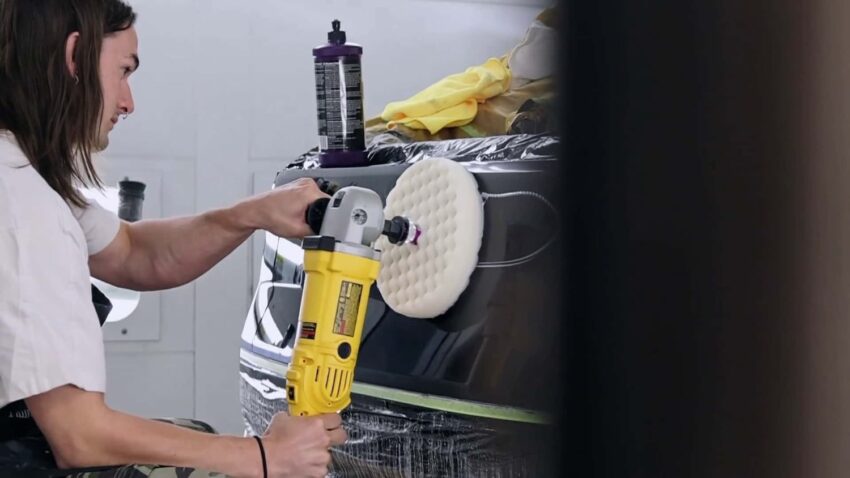
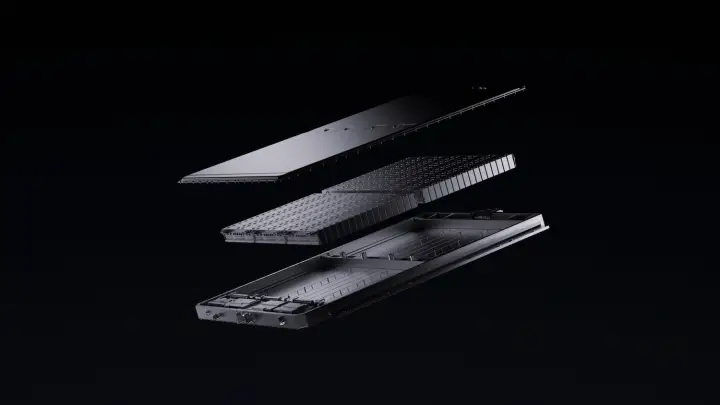
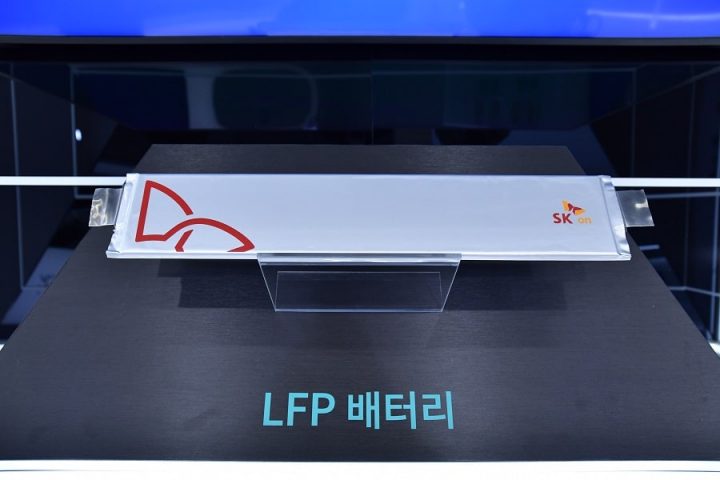
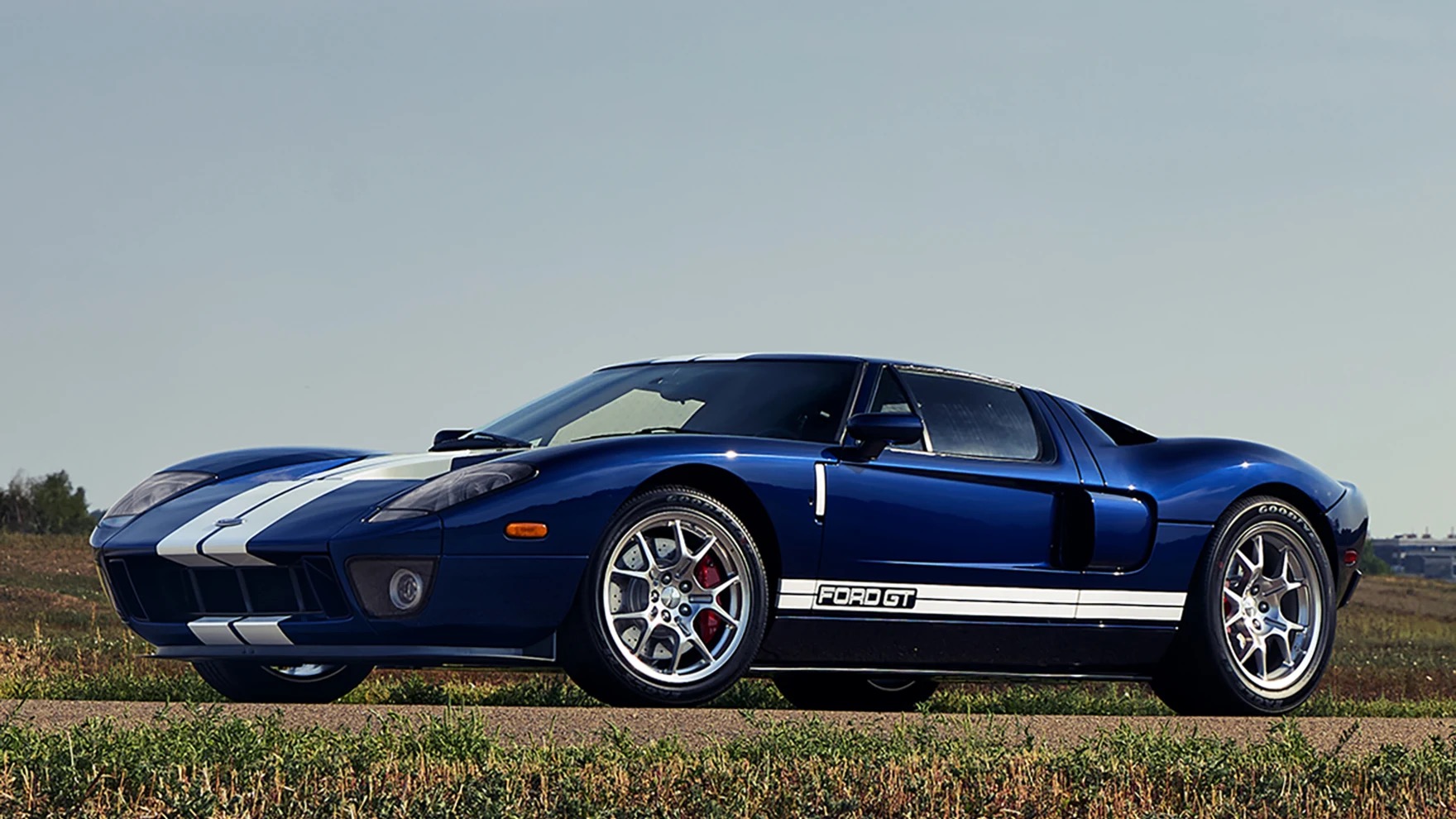
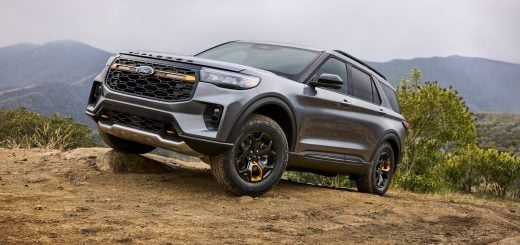
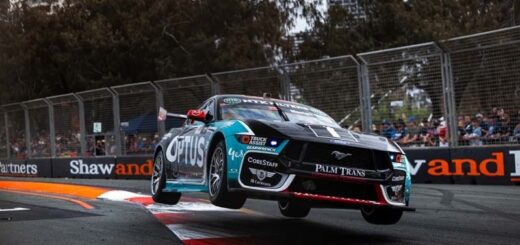
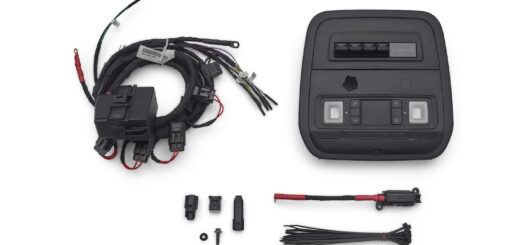
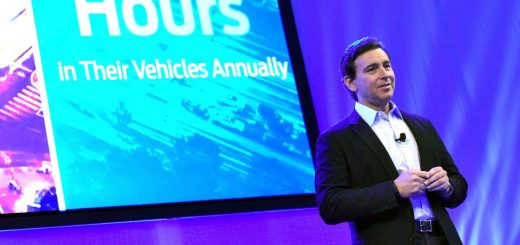
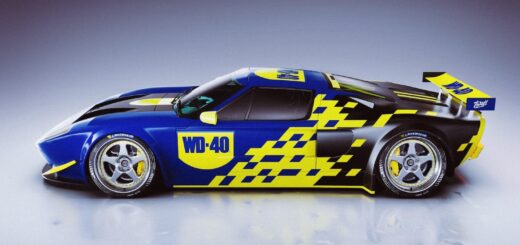
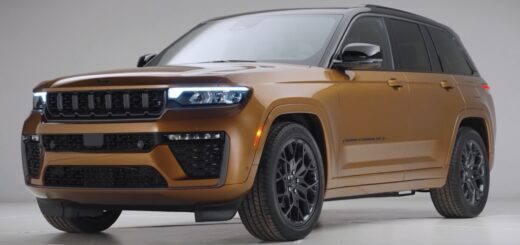

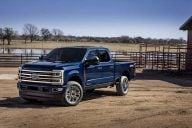
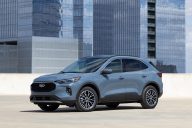
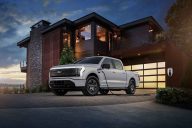

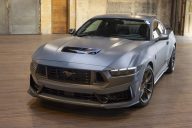
No Comments yet